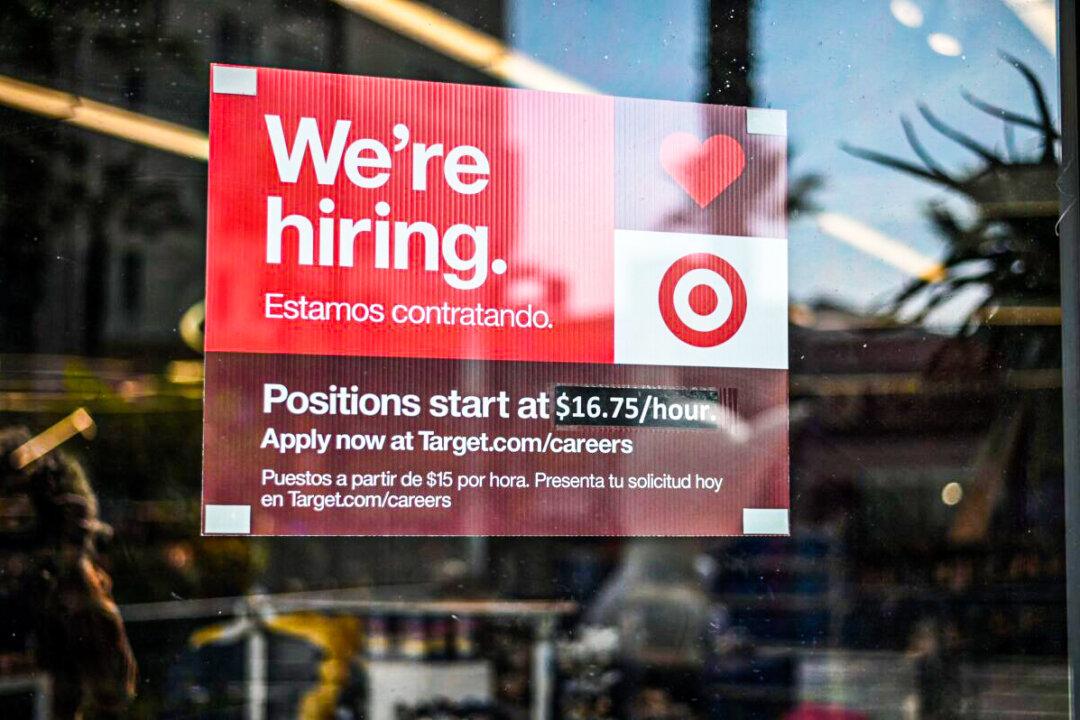Companies are struggling to hire seasonal workers as they head into the busy holiday season during one of the tightest labor markets in U.S. history.
The number of part-time jobs has increased by 31.4 percent over the past four weeks, according to data from global job search engine Adzuna. The rise coincides with the National Retail Federation’s estimate that retailers will hire 500,000 to 665,000 seasonal workers, compared to 486,000 last year.





